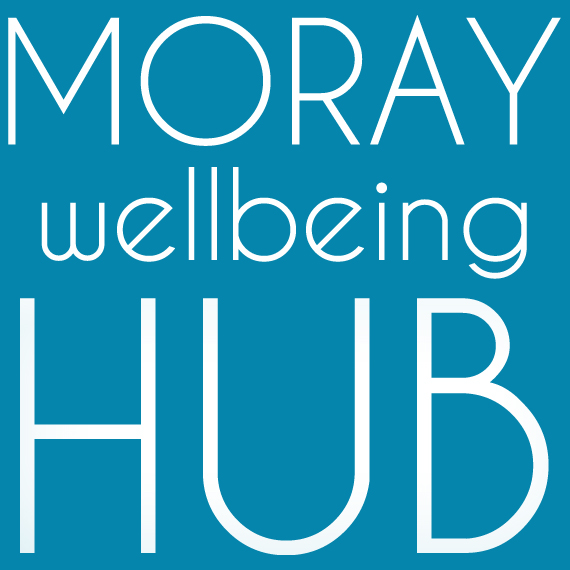From the outset of Lockdown 1 in March 2020, GDA checked in with our members about their wellbeing by telephone, post and email to find out how they were being affected by Covid-19, and how we could help.
By the end of March 2021, we made and received well over 30,000 phone calls, and spoke to over 6000 disabled people about their needs, experiences, priorities and ideas. We also analysed online surveys from over 2500 disabled people.
The aim was to ensure that disabled people did not fall through the gaps as services were reduced or removed due to the pandemic. This engagement shaped our ongoing Covid-19 emergency and ongoing response: adapting our vital services and establishing new ones to plug gaps and meet needs.
Our engagement demonstrated that, although we may all be in the same storm, we have most certainly not been in the same boat. For disabled people there have been fewer lifelines within reach.1
Through this engagement and support, particular inequalities for disabled women were quickly emerging. One group of GDA women described the “triple whammy” of:
- being disabled
- being a woman
- and dealing with Covid
Disabled women’s experiences show that:
- women are more likely to be disabled than men
- disabled women are more likely to live in poverty and have insecure or low paid employment
- disabled women are at greater risk of violence and abuse compared with both non-disabled people and disabled men
- disabled women fare less well in education than non-disabled people or disabled men
- and disabled women struggle more to access the healthcare they need
Throughout GDA’s engagement events, on which the findings of this report are based, it was evident that disabled women, in all their diversity, are determined to be active participants in the shaping of post- pandemic priorities, policies and actions. Disabled women live the triple whammy of being disabled, being a woman and dealing with Covid-19. These vital experiences must be listened to, and acted upon and disabled women must be involved in planning post pandemic policies and actions.







